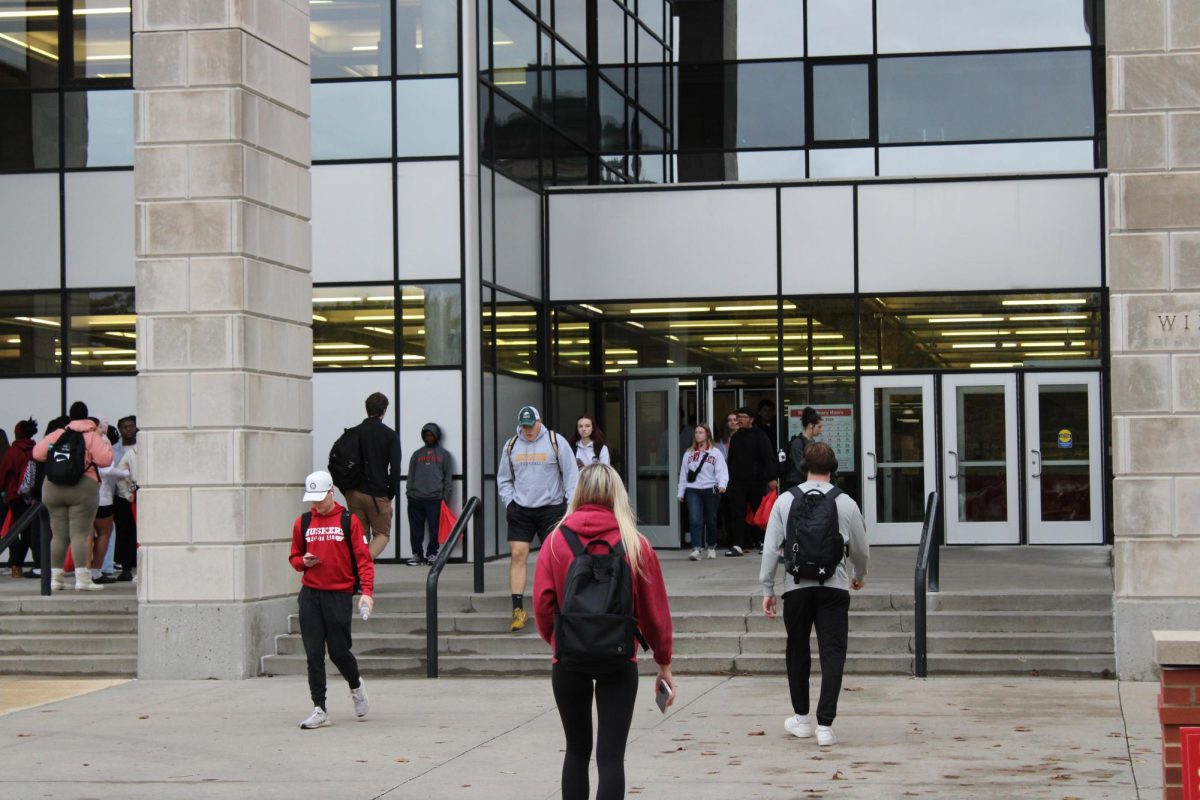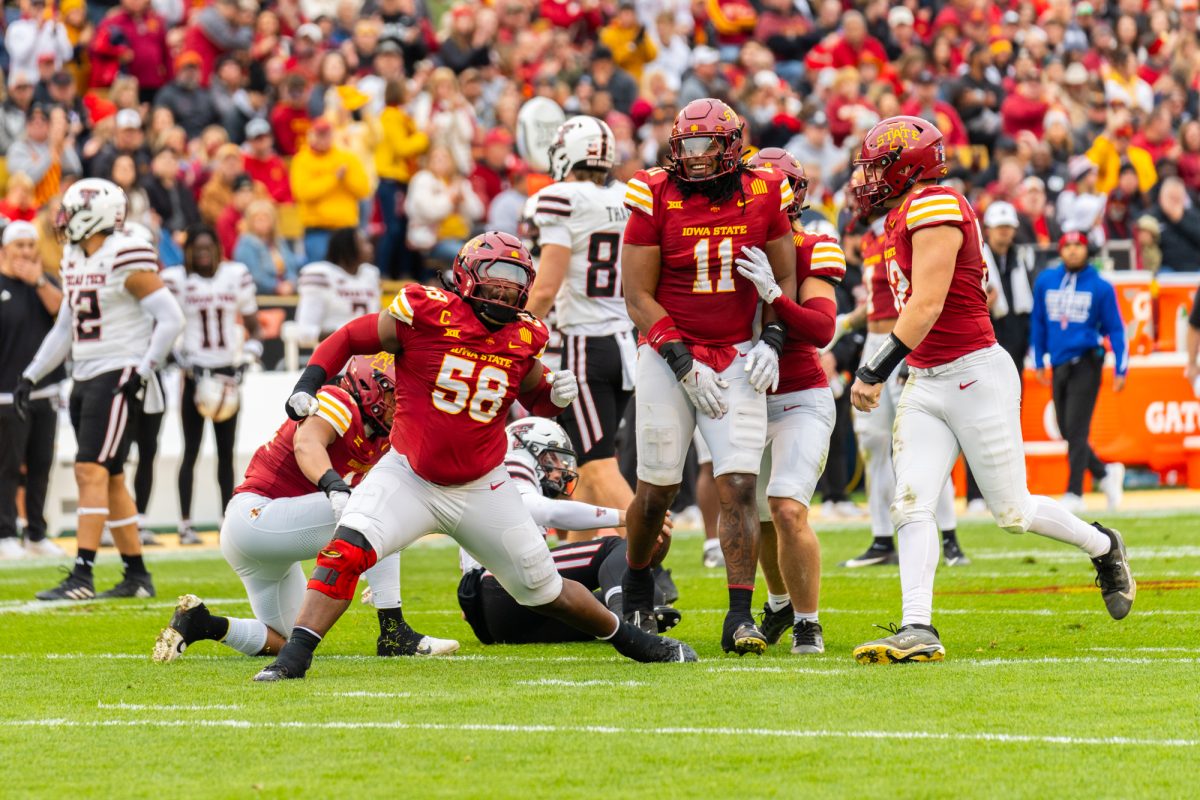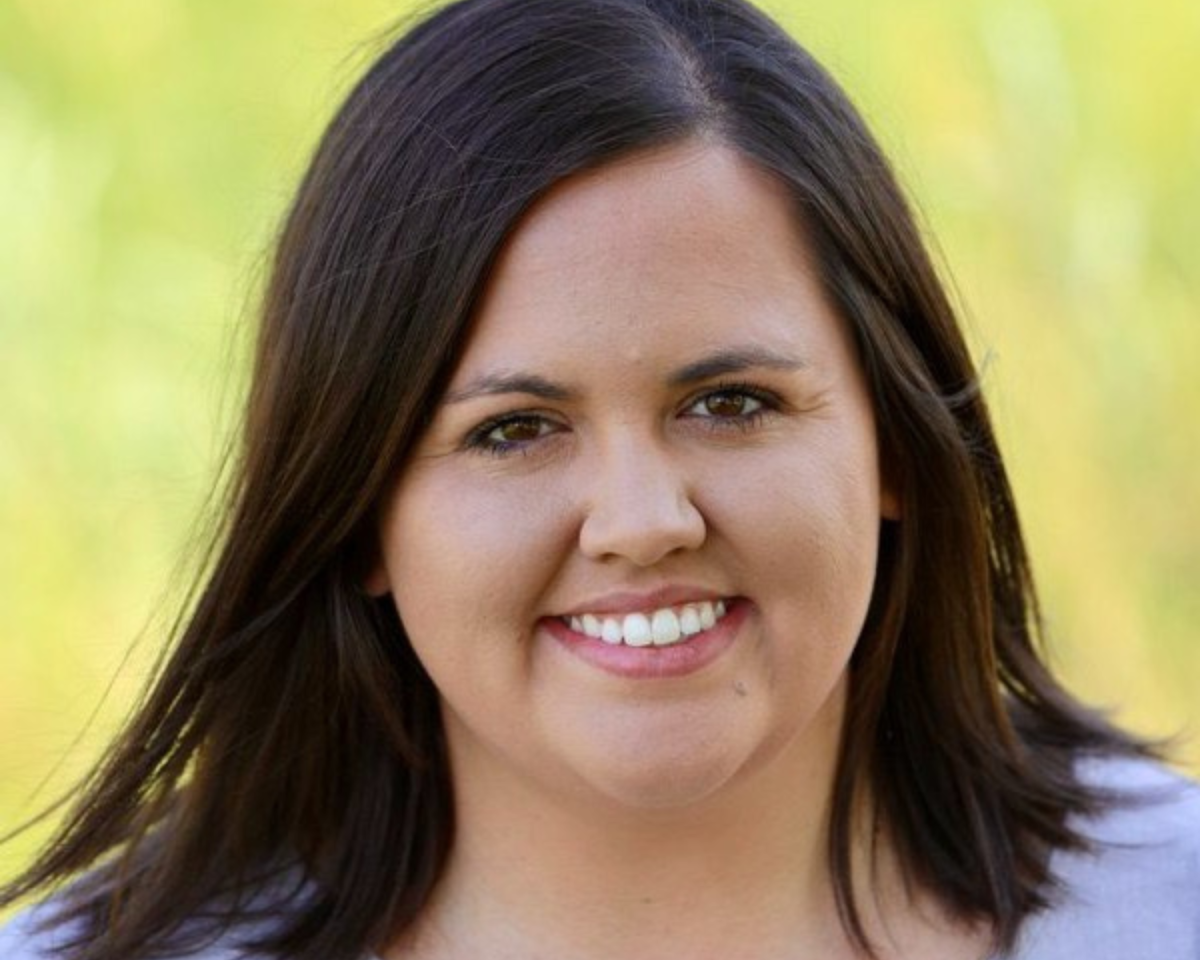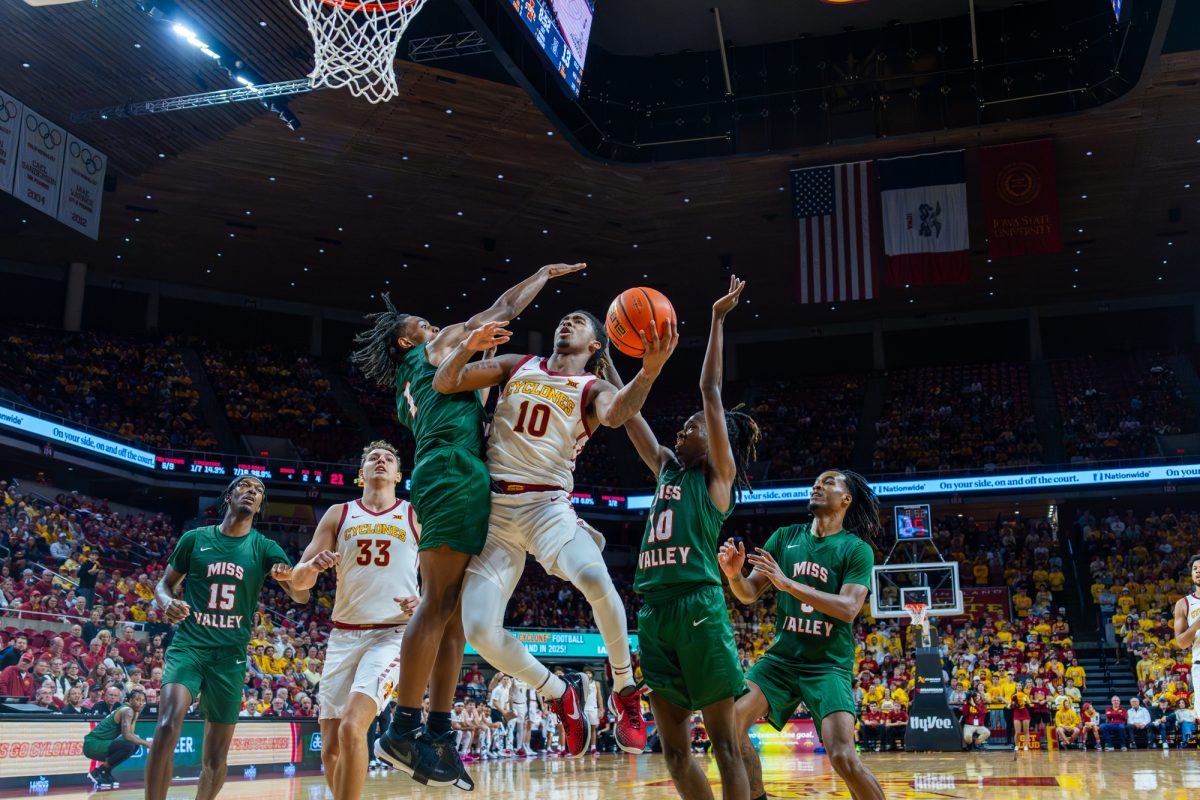Cold weather got you down?
January 21, 1998
A recent blast of cold weather has made journeys across campus unpleasant for most Iowa State students, and authorities say putting away the boots and gloves won’t be an option for quite some time.
ISU Extension Climatologist Elwynn Taylor said Ames should expect at least three more cold spells similar to the one that still lingers from last week.
The news has made most students’ dreams of tropical temperatures fall by the wayside.
“More cold? Haven’t we had enough?” asked Kerry Coleman, an undecided freshman. “I was hoping it was going to be spring break soon.”
Taylor said this last burst of cold weather was due to an arctic outbreak, which causes temperatures to turn cold suddenly. He said the arctic outbreak causes temperatures to drop below normal winter temperatures for this time of the year.
Taylor did offer a little hope for people who despise the cold.
“Most of the cold spells will be relatively short-lived. The spells come in extremely blustery and go out very cold and still,” Taylor said.
He also said the weather will be warmer than usual between cold spells.
Snowfall is expected to pick up in February and March, which often results in unfavorable and dangerous traveling conditions. However, university administrators say students should not count on getting out of classes.
Houston Dougharty, associate dean of students, said although the safety of students and staff is considered, keeping classes in session is a priority.
Warren Madden, vice president for business and finance, agreed that the safety of students should be taken seriously, but that most are capable of getting around campus in extreme weather.
He said 70 percent of students live either on campus, on CyRide bus routes or in walking distance of campus.
“If it is safe for students to be walking around, classes will not be canceled,” Madden said.
Unlike the Ames Public School District, Madden said ISU does not extend the school year for snow days.
“The students on this campus are adults capable of making their own decisions,” he said. “If they feel it is unsafe for them to be out it is their personal decision, but they have to deal with the repercussions.”
Madden said a popular suggestion for solving the debate involves following a standard set of rules, but he said this idea is unrealistic.
“People want an absolute set of criteria for when classes will be canceled, but it is really hard to set up absolute criteria,” Madden said.
Some students say they make their own decisions, regardless of the university’s actions.
“I don’t really worry about classes being canceled. If it gets that cold and nasty out I just don’t go to class,” said Matt Geiger, sophomore in speech communications.
Students who brave the cold weather to attend class can rest easier when it comes to health concerns, according to Dr. Lee Wilkins of the Student Health Center.
“This year has had a very mild cold and flu season,” he said.
Although infections are not caused by the cold weather, Wilkins said low temperatures can reduce the effectiveness of the immune system.
For better health, he suggested at least seven to eight hours of sleep, eating a balanced diet, drinking plenty of fluids and washing hands frequently.
Wilkins also said investing in a flu vaccination next year could prove beneficial in warding off sickness. He advised getting a vaccination in either October or November.






